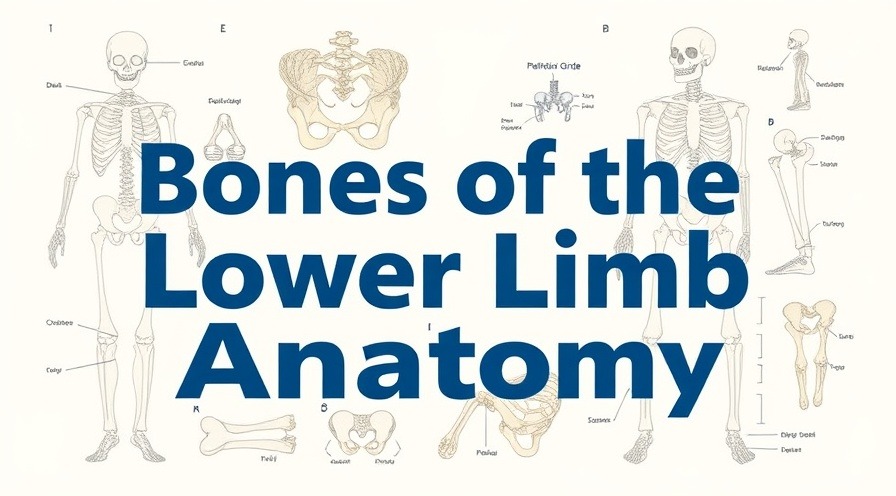
Understanding Stroke: The Importance of Quick Action
Stroke is often called a "brain attack," and just like a heart attack, acting quickly can be the difference between life and death. It’s critical to understand the signs and symptoms associated with a stroke. If you notice any sudden changes in someone's health, particularly facial drooping, arm weakness, or difficulty speaking, know that these are warning signs—emergency signals that require immediate action. In such cases, calling 911 could save a life. Understanding when to seek help is essential in being a proactive member of your community and supporting health and wellness.
In 'Time to call 911,' the discussion dives into the urgency of recognizing stroke symptoms, exploring key insights that sparked deeper analysis on our end.
Recognizing the Signs of a Stroke
Every second counts during a stroke. The common acronym used to remember the symptoms is "FAST": Face drooping, Arm weakness, Speech difficulties, and Time to call 911. Recognizing these symptoms quickly can lead to life-saving medical interventions. Each item points to a specific functionality in the body that is affected by stroke. Readers may find it beneficial to familiarize themselves with these symptoms, as awareness can prevent long-term consequences for a loved one or oneself.
Learning How to Respond
Knowing how to react when faced with a potential stroke situation empowers you as an individual. Take a moment to rehearse your response: locate your phone, call emergency services, and stay with the person. Offer reassurance while waiting for help. It can be daunting to take these steps, especially if someone you care about is involved. However, engaging in either a health class or a first-aid workshop can build confidence in your ability to respond efficiently in emergencies.
The Emotional Impact of a Stroke
Facing a health crisis triggers numerous emotional responses, both for the person experiencing the event and their caregivers. The anxiety and fear that accompanies a stroke can be overwhelming. However, understanding the condition and being prepared to act can alleviate some of this stress and equip you with coping strategies. Talking with a health professional about your feelings or seeking support groups can foster emotional well-being during these tough times.
Empowering Yourself with Knowledge
Becoming educated about strokes and other health-related emergencies empowers you to be an advocate for yourself and those around you. Consider discussing these topics with friends and family during gatherings. Sharing knowledge about symptoms and actions can be lifesaving. Creating an open conversation around health emergencies helps strip away the fear often surrounding them, making it easier to address when they occur.
Why Timing is Everything
The brain can begin to suffer significantly after just a few minutes without oxygen, so every second counts. When you call 911, the quicker the paramedics can arrive, the better. They have tools and medications that can mitigate the effects of a stroke if they arrive promptly. Many people erroneously think they will “wait it out” or that the symptoms will pass when, in fact, swift medical intervention is crucial to recovery.
Taking Action
Now that you are equipped with knowledge about strokes and the importance of acting quickly, take proactive steps towards creating a health-aware environment. Whether it means having discussions with family members or enrolling in health literacy classes, the goal is to foster awareness and preparedness. Every bit of knowledge shared can serve as a lifeline in times of need.
 Add Row
Add Row  Add
Add 




Write A Comment